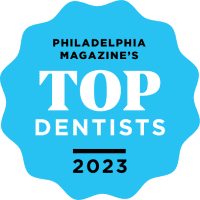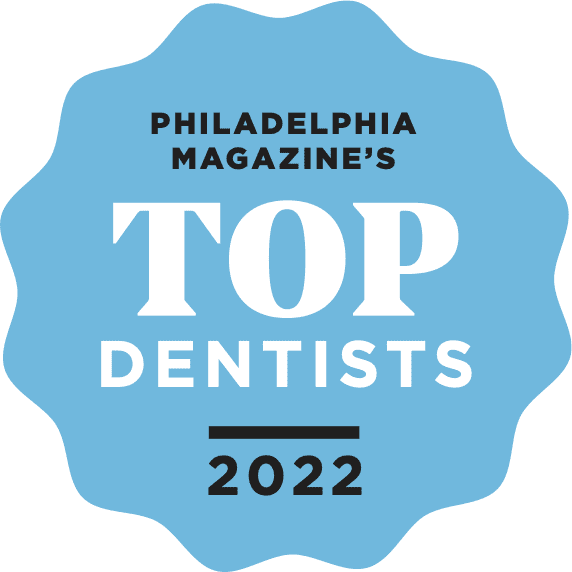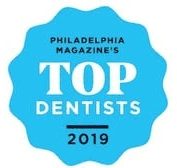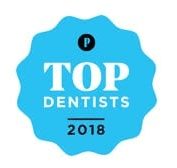Your teeth endure wear and tear from chewing and biting throughout the day. Usually, they can withstand this pressure, but they are not completely indestructible. Over time, the enamel, the outermost layer of your teeth, can sustain damage that leaves your smile weak and vulnerable.
But different problems can affect this outer shell of your teeth. The enamel may erode, but it may also suffer extensive damage from tooth decay.
A dentist will need to diagnose the type of damage in order to provide the right treatment to restore your smile. Discover how dental erosion and tooth decay differ from one another and affect your oral health when you read on.

What Is Enamel Erosion?
Enamel is made from strong minerals that ensure your teeth stay in good shape despite pressure from wear and tear. However, several factors may lead to eventual deterioration in this dental structure. Enamel might erode when faced with acidic substances.
If you consume a great amount of acid in your diet, such as with sugary treats or citrus fruits or juices, then lingering acid from these food items can start to eat away at your enamel. This makes the enamel thin and weak, and you could face a greater risk of certain dental problems.
Enamel might also erode in the wake of high amounts of pressure. If you have a habit of grinding or clenching your teeth, this constant grating can start to wear down your enamel. Then you face a major weakening in your dental structure that can harm your oral health.
If enamel sustains damage, it cannot repair itself. You will need to talk to your dentist to find the right restorative dental solution to replace lost enamel and restore your dental health.
How Does Tooth Decay Develop?
Tooth decay is another type of dental issue that can harm your smile. It differs from dental erosion because it is specifically caused by oral bacteria. Your mouth naturally contains bacteria, but you keep it controlled with good oral hygiene.
However, oral bacteria might find a weak spot in your tooth enamel and start to eat away at its structure. When this happens, dentists refer to the issue as tooth decay. If decay creates a hole in the enamel, this is a cavity.
Because tooth decay can more easily develop with weakened enamel, then dental erosion can increase your risk of cavities. This is why this type of dental damage should not be dismissed.
Tooth decay will also require intervention from a dentist to treat. If left untreated, decay will worsen and deepen, causing irreversible damage to your smile’s appearance and health.
A dentist will need to remove the decayed portion of the tooth and then restore its structure with a dental filling. If the damage affects a large part of the tooth, then you may need a dental crown to fully restore and protect the tooth. Treat tooth decay and more dental concerns with your expert dentist.






